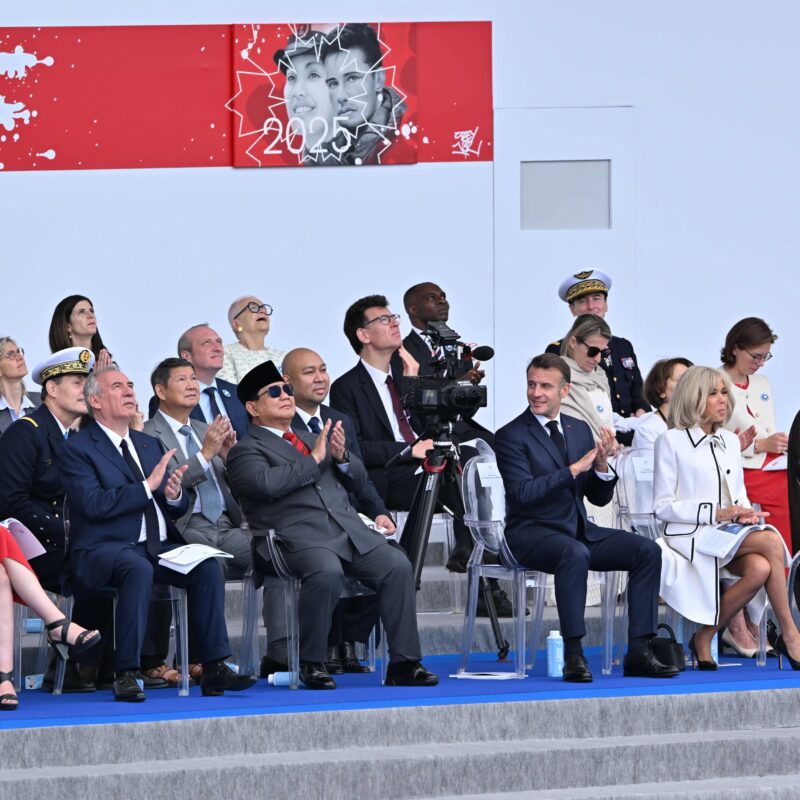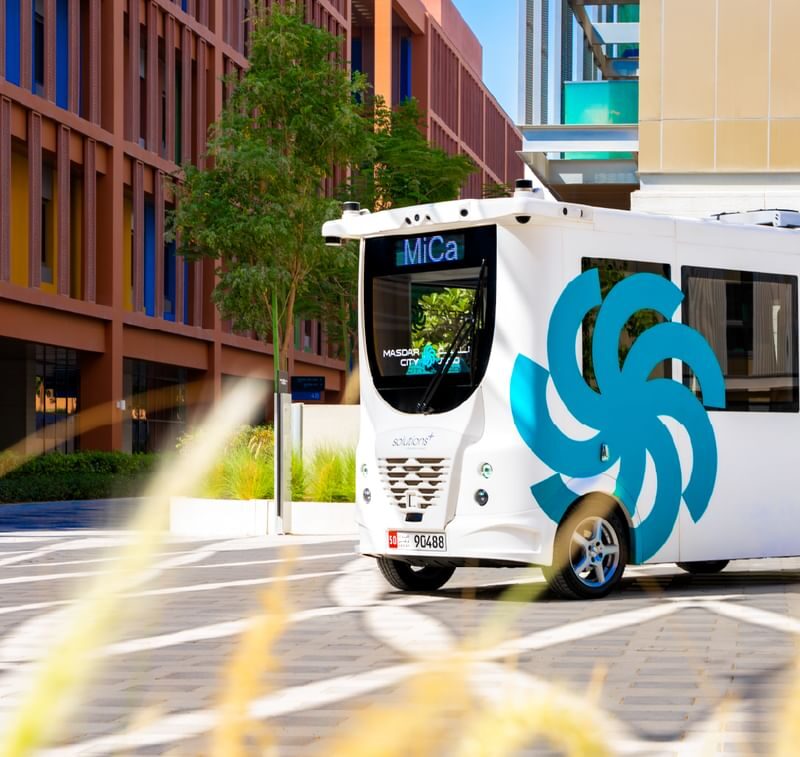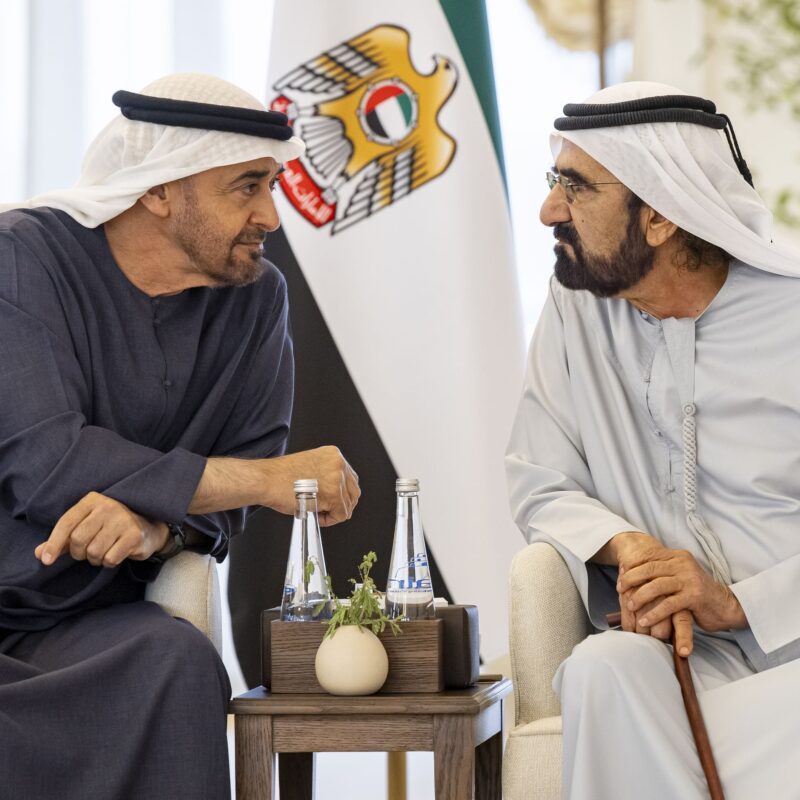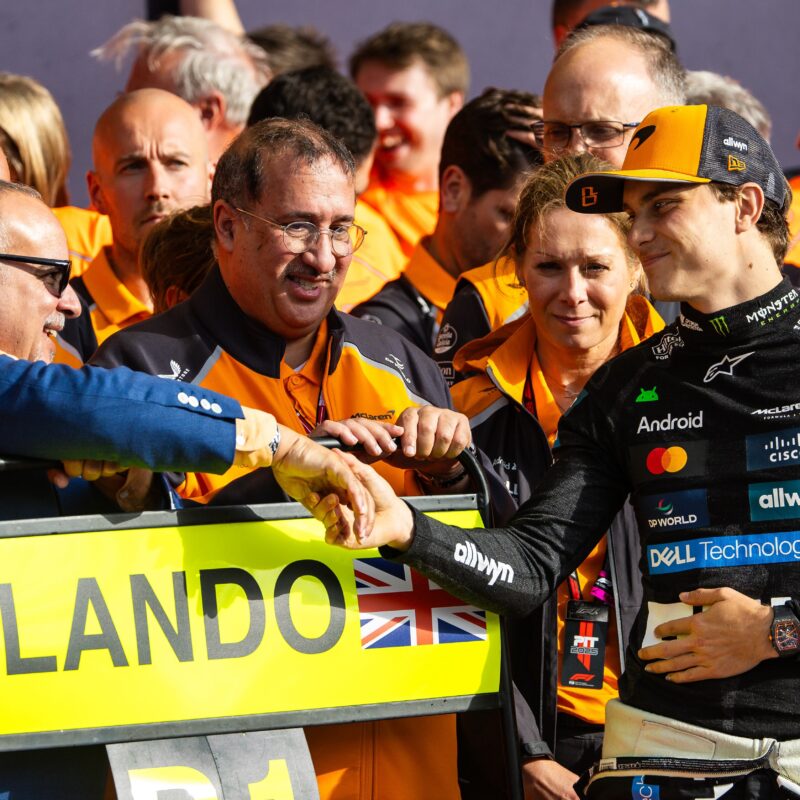Recent Issues
The Weekly Circuit
February 13, 2023
👋 Good Monday morning in the Middle East!Elon Musk and a blockbuster exhibition featuring the works of Andy Warhol will be headlining this week in the Gulf. Musk, owner of Twitter and the world’s second-wealthiest person, will be speaking...








